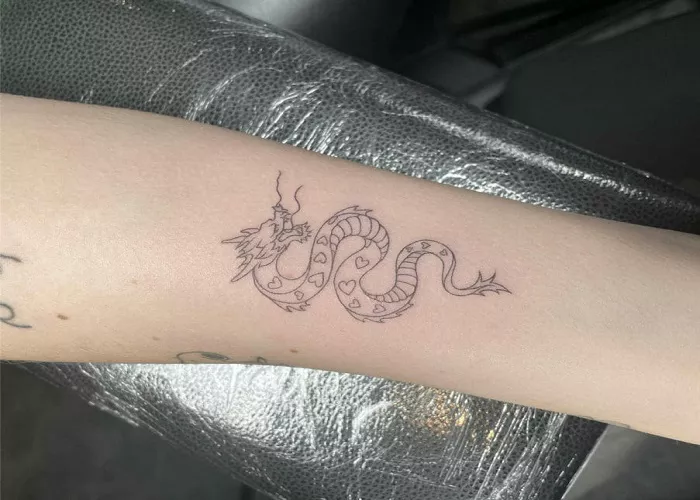A leading Australian forensic pathologist has revealed a striking pattern he has observed over decades of examining the deceased — many individuals with tattoos of iconic bushranger Ned Kelly have died violent deaths.
Emeritus Professor Roger Byard of the University of Adelaide, known as “Dr Death” by colleagues, shared the anecdotal finding during an appearance on the I Catch Killers podcast with Gary Jubelin. With over 30 years of experience in forensic pathology, Professor Byard has been instrumental in both solving crimes and contributing to public health research, including work on Sudden Infant Death Syndrome (SIDS).
His interest in Australia’s colonial-era outlaws deepened after his involvement in the Foxtel true crime series Lawless, which investigated historical figures such as Ben Hall and the Kelly Gang.
“We were basically trying to see what evidence there was for the historical stories,” Byard explained on the podcast. “You look at Ben Hall — the popular theory is that police snuck up on him and shot him in his swag. The police version is a bit different.”
While exploring these cases, Professor Byard began to notice a disturbing trend in his forensic work. “I just noticed that a lot of the people coming into the mortuary with Ned Kelly tattoos had died violent deaths,” he said.
Intrigued, he decided to investigate further. “I did a retrospective study and then a 10-year prospective study,” he explained. “Sure enough, around 80 per cent of them had died from accidents, suicides or homicides. All sorts of strange things.”
Byard emphasized that the findings were anecdotal and observed within a forensic context. “Just because you have a Ned Kelly tattoo doesn’t mean you’re marked for a violent death,” he clarified. Rather, he suggested the tattoo may serve as a cultural or lifestyle marker.
“I think it’s a reflection of certain risk-taking behaviours or drug-associated lifestyles,” he added.
Social media users echoed this sentiment, with some commenting that admiration for Kelly — who was executed in 1880 for the murder of Constable Thomas Lonigan — often resonates with individuals living on society’s edge.
“I think it’s also the demographic within society that idolises Ned — mostly those who live reckless and/or dangerous lives,” one commenter wrote.
While the tattoo itself may not pose a threat, Professor Byard’s observations offer a unique and sobering insight into how symbols of national folklore may intersect with the realities of modern life and mortality.
Related topics:

